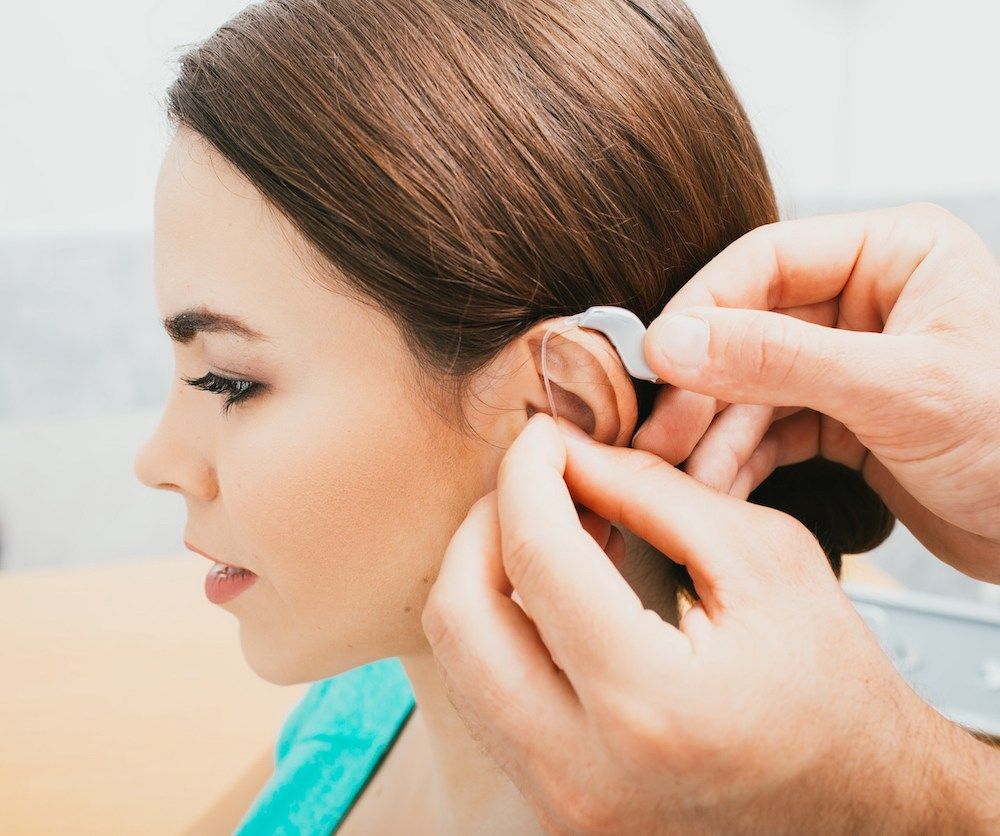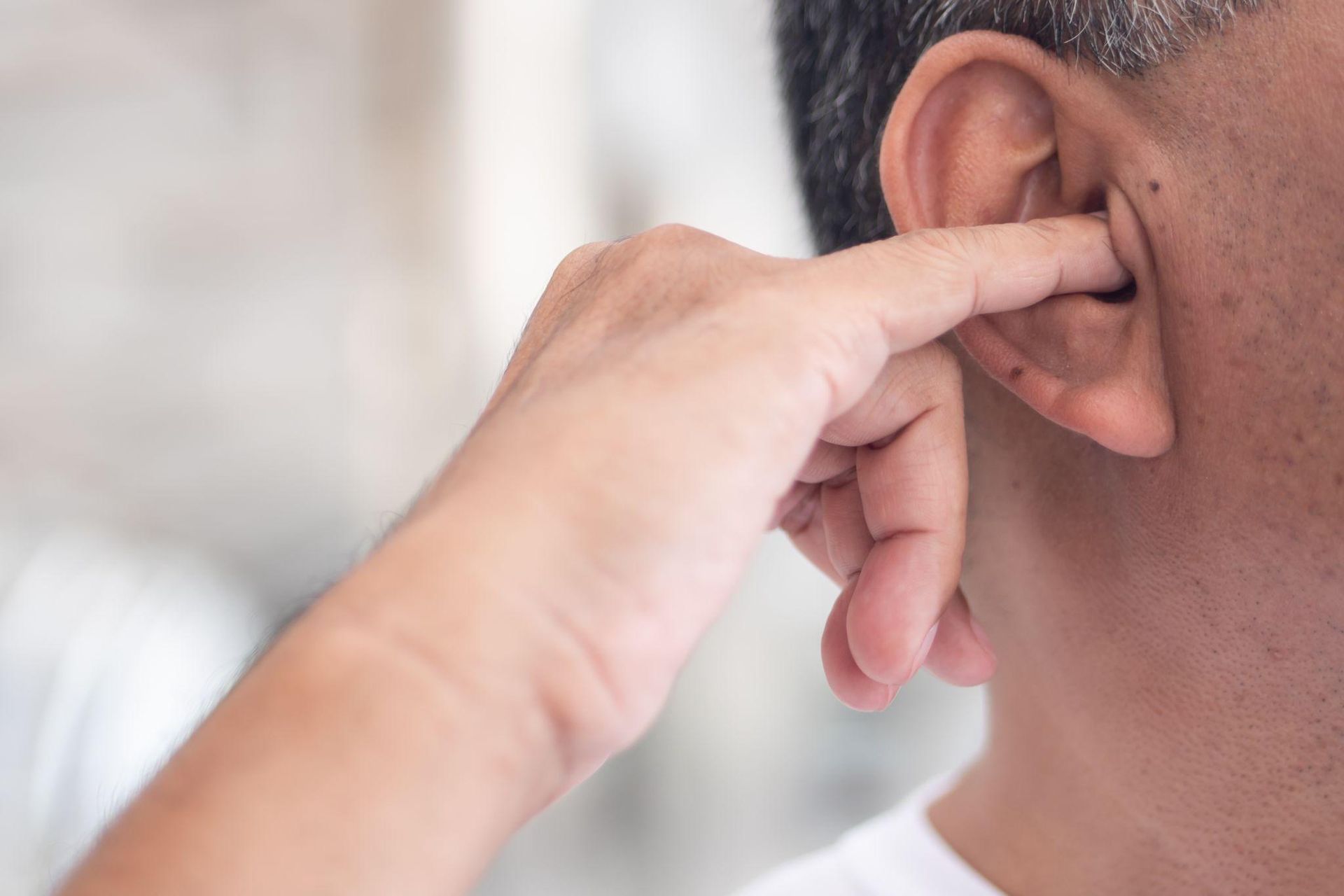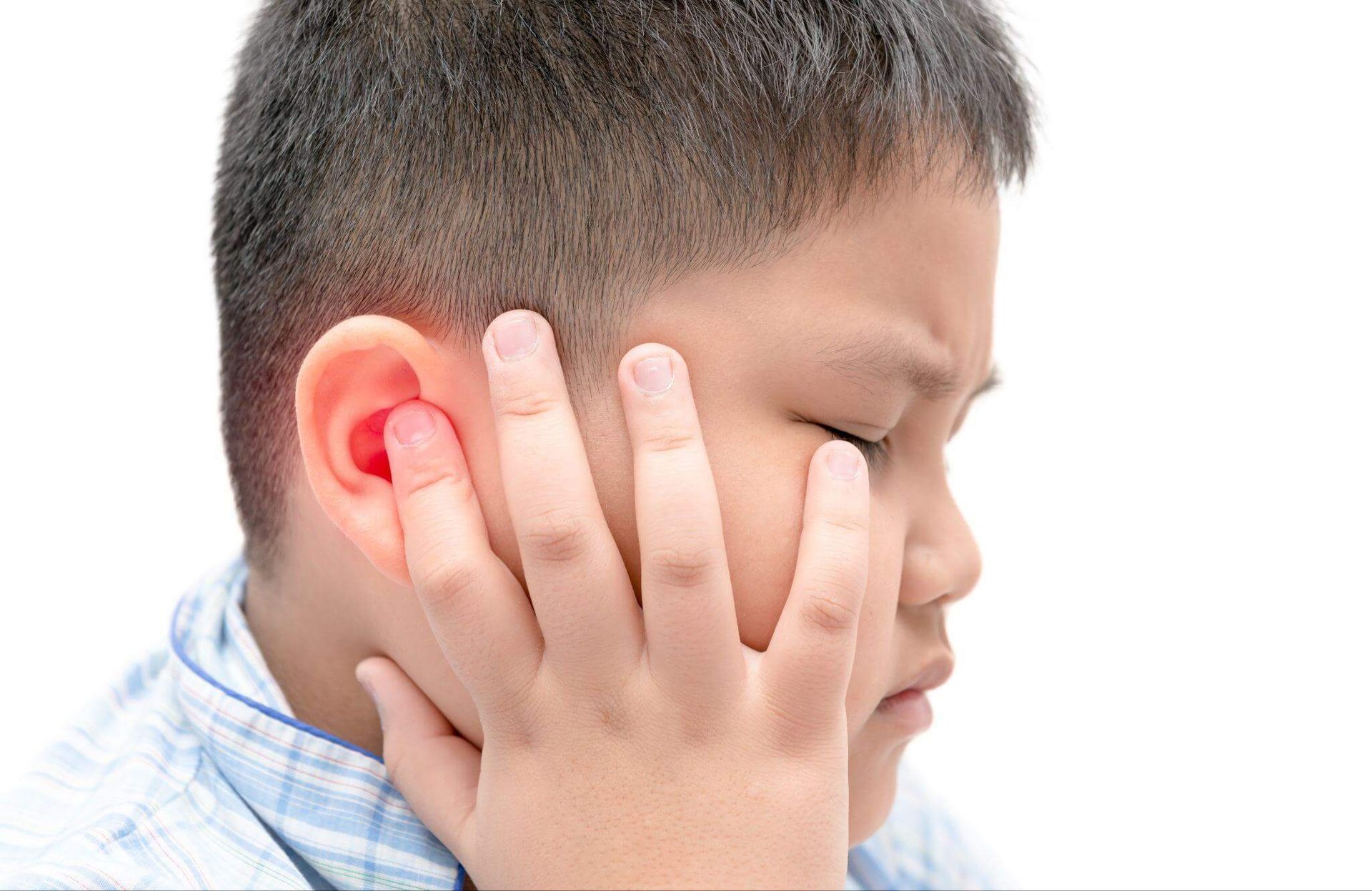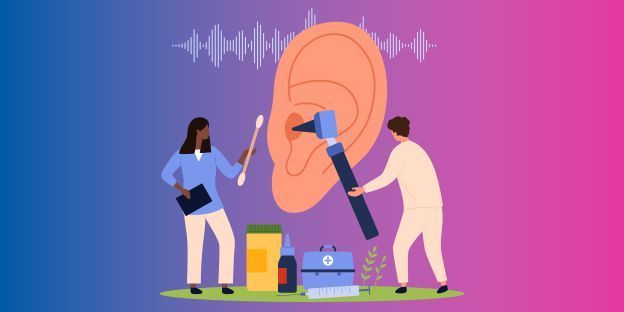Top questions about hearing aids
The questions we frequently hear about hearing technology
It is common to have many questions about hearing aids. They are an emerging technology that continues to advance with new features and styles. And selecting the right devices can make an enormous impact on your daily life.
It is also common not to know what are the best questions to ask. Many people look to professionals they can trust to help them navigate the technology.
If you have any questions or just exploring your options, here is a list of the most frequently asked questions about hearing aids. If your questions aren’t included on this list, send us a message and a hearing aid expert will get back to you.
What level of hearing loss requires hearing aids?
There isn’t a specific degree of hearing loss or threshold that requires hearing aids. Hearing is more complex than just how much sound you can hear – it depends on how well you can hear different types of sounds.
A better indicator is looking at the impacts of hearing loss on your daily life. Are you finding it difficult to hear in noisier environments? Do you have to concentrate to follow conversations? Have your family members noticed a change in your hearing?
The need for a hearing aid is best determined by a professional using the results from a hearing test. Book a hearing test to understand the state of your hearing and whether or not you would benefit from hearing aids.
How do hearing aids help?
Hearing aids improve the clarity and strength of sound waves that enter the ear while reducing background noise.
Most hearing aids are now digital and can be customized to your individual hearing loss. Advanced digital hearing aids can also automatically adjust to different environments for more dynamic hearing enhancement.
Hearing aids are not just beneficial to people with profound hearing loss. They can reduce frustration and anxiety for anyone who is coping or just getting by with their current hearing.
What types of hearing aids are available?
Many of today’s hearing aids are considered sleek, compact, and innovative. Hearing aids come in a wide variety of styles, but the two main categories are behind-the-ear (BTE) and in-the-ear (ITE).
BTE hearing aids sit behind the ear with an attachment to an earpiece that fits inside the ear canal. ITE hearing aids are usually custom-fit and available in different skin tones to camouflage with the outer ear. They also come in a variety of sizes and styles.
Both styles have a wide range of amplification, from mild to profound.
A wide range of technology and a host of features are available in each hearing aid style. Modern digital hearing aids are typically offered in a range of technology levels, such as entry, advanced or premium. Within each level, different technology and features are available.
The performance and technology you select should be based on your hearing needs. The style you select will depend on your preference.
Are hearing aids expensive?
The cost of hearing aids varies depending on the technology inside the device. Basic hearing aids are less expensive, but they can be limiting. More advanced hearing aids tend to be more expensive, but that does not mean they are better suited to your needs.
At Discover Hearing, we match you to the best devices for your hearing needs and your budget.
Is there funding available for hearing aids?
There may be funding available to you through one of the following organizations:
- Aids to Daily Living (AADL)
- Workers Compensation Board (WCB)
- Non-Insured Health Benefits (NIHB)
- Department of Veterans Affairs (DVA)
- Royal Canadian Mounted Police (RCMP)
We will work with you to determine if you are eligible for funding and help you secure it.
How long will my hearing aids last?
On average, a hearing aid will last five to seven years, though some can last up to 10 years.
Hearings aids also come with a one- or two-year warranty. You also might consider upgrading your device around the five-year mark to take advantage of advancements in technology, as hearing aid manufacturers introduce innovative technology every few years.
How long do hearing aid batteries last?
The lifespan of your hearing aid battery will depend on the type of battery and how many hours a day you wear your device. A single battery will typically last 1-3 weeks.
Most hearing aids use zinc-air batteries, which can be found in most pharmacies, grocery stores, and electronics stores.
Some manufacturers are now offering rechargeable hearing aids, which can typically make it through one day with overnight charging.
Do I need to wear hearing aids all the time?
It takes time for your brain to adjust to hearing aids, so it is recommended to wear them regularly. Hearing is important for safety, and regular use of your devices will keep your brain active and healthy.
Using your hearing aids every day will also help establish a routine, so you will be less likely to lose them or leave home without them.
What if I don’t like wearing my hearing aids?
This is normal. It can take time to adjust to hearing aids, which is why our team works closely with you to help you understand the challenges and use your devices effectively.
Hearing aid studies have shown that people who have a positive attitude do better with hearing aids. If you and your loved ones approach your hearing aid fitting with a positive outlook, you will get the most out of your new hearing aids.
How long does it take to get used to hearing aids?
Every individual experience will be different. Hearing aids allow you to hear new sounds, and it may take some time to get used to the noise you were not able to hear before.
Make your hearing aids a part of your daily routine, even if you are staying at home. Consistent use will allow your brain to adjust more quickly to the new information it is receiving from your ears.
Can I adjust my hearing aids myself?
A professional should fit your hearing aids. This includes setting them up for your ears and adjusting them to suit your level of hearing. Just as eyeglasses require varying lens prescriptions, hearing aids need to be personalized.
Once your hearing aids have been optimized to your hearing level, some models do have options to adjust for different environments. We’ll go through the features of your devices and discuss how they can be adjusted on-the-go.
What if I have more questions about hearing aids?
The team at Discover Hearing always takes the time to answers all questions about hearing and technology – even the questions you didn’t even know you have.
If you have a question about hearing aids, send us a message. We are happy to help.










